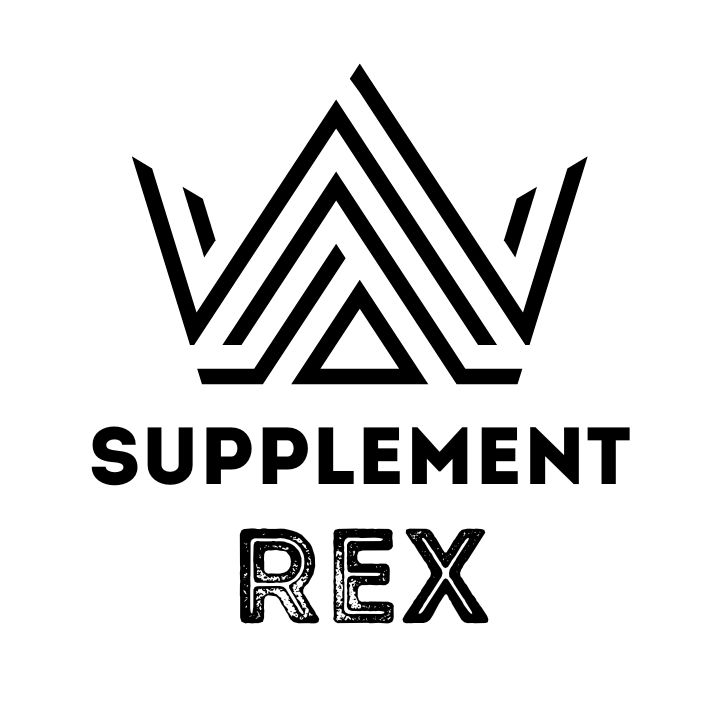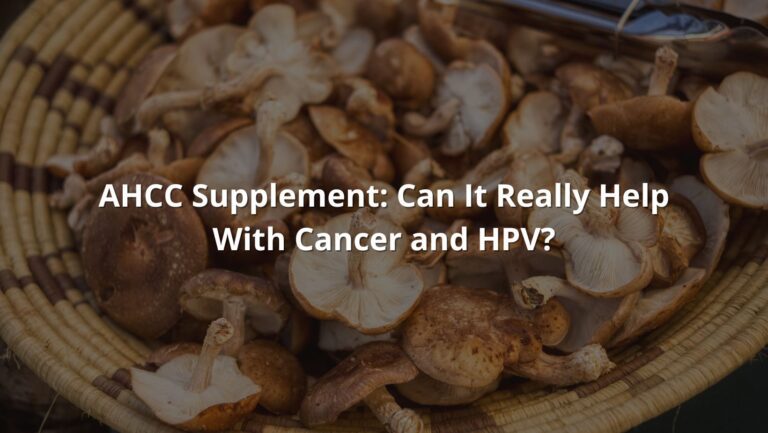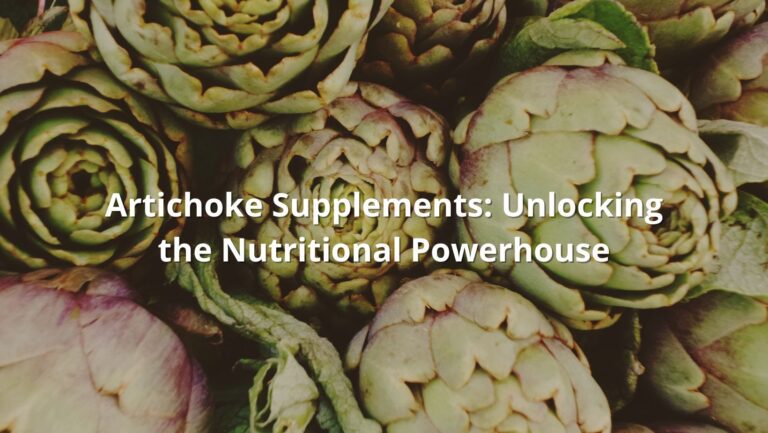Bergamot Supplement: Everything You Need to Know About the Mediterranean Wonder
Heart disease and diabetes are on the rise. And, we know people in the Mediterranean have a lower risk. Could this citrus play a role?
Today, we’re talking about bergamot and the bergamot supplement, an extract from a tree scientifically known as Citrus bergamia. This tasty citrus has a rich history in southern Italy, especially in the Calabria region, where it is predominantly grown. Imagine a lush Italian garden with yellow fruits that are almost the size of oranges, basking in the sun – that’s where our star, the bergamot, comes from.
For centuries, Italian folk medicine has valued bergamot for its healing properties. It’s been used traditionally to address various ailments, and its skin and juice are especially favored. But did you know that the delicate, somewhat floral flavor you adore in your cup of Earl Grey tea also comes from bergamot? Yes, it’s a little touch of Italy in your teacup!
Besides the culinary delights, bergamot has paved its way into the health supplement market. It’s available in various forms such as essential oils, juices, extracts, and even aroma sticks for those who want to indulge in its captivating scent. How exactly does it support your wellness, though?
In this article, we are going to explore the benefits that bergamot supplements might offer – and look at the science that backs them up. From cholesterol management to soothing anxieties, let’s dive into the scientific studies and see what bergamot has in store for us. So, grab your notepad and get ready to embark on a journey to the citrus groves of southern Italy (and supplement labs around the world):
What Is In a Bergamot Fruit (And How BPF Can Protect You From Disease)
Bergamot is not just pleasing to the senses; it’s a powerhouse of nutrients and compounds that could benefit our health. What makes the citrus so powerful? The array of phytochemicals and flavonoids it contains. These are naturally occurring compounds found in plants, which determine plant’s color and taste – but they can also have health-promoting properties.
One of the most fascinating components derived from bergamot is Bergamot-derived Polyphenol Fraction, or BPF for short. BPF is made from the juice and pith of bergamot, and it’s basically a concentrated derivate of the citrus’ polyphenols. Polyphenols are known for their antioxidant properties, which protect your cells from free radical damage (and this, in turn, can prevent disease.)
Bergamot is also very rich in essential oils, which are often used in aromatherapy and other holistic practices. The scent of bergamot oil is believed to have calming effects – you’ll find it in a range of essential oil compositions and in some of your favorite perfumes (Dior’s J’adore famously has it.)
In the next section, we’ll delve into the potential health benefits that these nutrients and compounds can offer. Whether you’re a health enthusiast or just curious about this citrus marvel, there’s something for everyone to learn!
What Can the Bergamot Supplement Do For You?
So you have a delicious, aromatic, and potentially free-radical-busting fruit. What does this mean for your health? How do bergamot’s polyphenols play into its wellness benefits? Let’s break it down:
Cholesterol Management
Cholesterol, though essential for various bodily functions, can be a double-edged sword. High levels of the so-called bad cholesterol (LDL) are linked to an increased risk of heart diseases. Lowering your LDL can prevent arterial plaque buildup and prevent things like heart attacks and strokes. So how can bergamot have your heart’s best interest at heart (excuse the pun)?
Several studies suggest that bergamot can help manage cholesterol to healthy levels. The Bergamot-derived Polyphenol Fraction (BPF) we discussed earlier appears to play a significant role in this. Research shows that taking a daily supplement of BPF can reduce total cholesterol, LDL cholesterol, and triglycerides, while increasing the levels of HDL or “good” cholesterol.
And, it seems you can boost bergamot’s lipid lowering effects by adding an artichoke supplement.
A recent study showed not only a reduction in cholesterol levels but also a decrease in waist circumference and fat tissue in adults with overweight. This suggests that bergamot + artichoke might be more effective than using bergamot alone. So, if you’re looking to support your heart health, consider checking out the two supplements.
Managing Blood Glucose Levels
Blood glucose management is crucial, especially for people with metabolic syndrome and diabetes. Bergamot might offer some help in this department as well.
In a study conducted in 2019 offered participants with type 2 diabetes and hyperlipidemia two forms of bergamot supplement – standard BPF supplements or a special formulation of BPF with enhanced bioavailability (BPF phyto)
Both groups taking BPF had reduced fasting plasma glucose, LDL cholesterol, and triglycerides while increasing HDL cholesterol. But, one group was still at an advantage – the BPF phyto group absorbed a higher amount of naringin, a major component of BPF, suggesting that specific formulations of BPF could offer even more benefits.
Anti-Inflammatory Properties
Inflammation is a natural response of the body, but when it gets out of hand, it can lead to various health issues. A constant pro-inflammatory state is thought to play a role in various conditions. Some studies suggest that bergamot may help in reducing this response – and this way it could protect you from disease. Even better, bergamot can also reduce oxidative stress, protecting your cells from potential cancer-causing damage.
Alleviating Anxiety Through Aromatherapy
In addition to the physical health benefits, bergamot might also play a role in mental well-being – it’s actually one of the better researched ingredients in aromatherapy oils.
For example, a 2020 study tested anxiety levels in people undergoing gallbladder surgery. Participants who inhaled bergamot orange essence experienced lower anxiety levels compared to those who inhaled a placebo. Considering aromatherapy is one of the easiest things to add to your heart routine, why not give it a go – your home might feel much calmer from it?
Speaking of health routine, let’s talk about how you can include bergamot:
How to Take Bergamot to Reap the Benefits
Bergamot comes in various forms, each offering its unique way to be incorporated into your daily routine. Here’s a guide to help you make the most of this citrus gem.
Bergamot Supplement: Liquid, Pills or Capsules
Go to the health store and you’ll find the bergamot supplement in various forms.
For those looking to tap into the potential cholesterol and blood sugar benefits of bergamot, pills or capsules can be an efficient option. These usually range between 500 and 1,200 milligrams per serving and you’d need to take them once a day. It’s even better to take BPF alone, but those supplements are far more difficult to find.
You can also buy bergamot liquid extract – it’s actually easier to incorporate into your diet (and tastes pretty nice) You can add a few drops to your tea for that classic Earl Grey flavor, or use it as a cooking ingredient to infuse dishes with a citrusy flair.
Finally, you can also get bergamot powder which is also pretty versatile and can be easily mixed into juices, smoothies, or even sprinkled over salads. It’s an effortless way to incorporate bergamot’s nutrients into your meals. Plus, you’ll add a really nice citrusy touch to your food.
Other Bergamot Forms: Juice & Aromatherapy
Of course, you don’t need a bergamot supplement to enjoy the fruit. You can eat bergamot (it’s kind of hard to find in grocery stores outside of Italy though) or get some bergamot juice. For the juice, it’s usually better to dilute it with water. It can also be used in cocktails or mocktails for a refreshing twist.
Plus, as we already talked about, bergamot is popular in aromatherapy. You can use bergamot essential oil in a diffuser or inhale it using aroma sticks to potentially alleviate anxiety and create a calming atmosphere. Just make sure you’re getting the essential oil, not an aromatic oil, which is usually artificial bergamot.
Whatever form you choose, remember that moderation is key. It’s important to read product labels carefully to ensure you do not exceed the recommended dose. Plus, as with any other supplement, it’s also best to talk to a healthcare professional before you start or if you have any concerns.
And speaking of concerns:
Is Bergamot All Safe? Let’s Talk About Precautions & Side Effects
While bergamot offers a bouquet of potential benefits, it is crucial to approach its use with caution and be aware of possible side effects.
Who Should be Careful with Bergamot?
Children, older adults, and pregnant or lactating women should exercise caution when it comes to bergamot supplements. We don’t really have research on the effects of bergamot on these particular groups, so it’s best to err on the side of caution.
Similarly, if you are on medication, it’s imperative to consult a healthcare professional before incorporating bergamot supplements into your routine. The bergamot supplement doesn’t have a ton of interactions, but it could still potentially interfere with certain medications, and a healthcare professional will be able to guide you on whether it’s safe to use.
Skin Sensitivity
On the aromatherapy side of things, there are also precautions to remember. Bergamot essential oil can cause skin sensitivity, especially if applied directly to the skin. It’s always a good idea to do a patch test and dilute the essential oil with a carrier oil before use. This is true of other essential oils, too – carrier oils are key to preventing skin irritation.
Don’t Overdo the Bergamot, Either
Like anything, moderation is key. Excessive consumption of bergamot, especially in the form of tea, may lead to adverse effects. A case study in 2015 documented an individual who experienced a range of symptoms after consuming large quantities of Earl Grey tea, which contains bergamot extract oil – the bergamot a potassium channel blocker, affecting the man’s muscle functions. This is unlikely to happen if you’re drinking regular amounts, but it’s an important story to remind you to not overdo anything.
Now that we have covered the precautions and potential side effects, let’s move on to the final section of the article:
Final Thoughts
As we wrap up our exploration of the multifaceted bergamot, let’s take a moment to recap and look ahead.
Bergamot, a yellow citrus fruit mainly grown in Calabria, Italy, has been a staple in traditional Italian medicine and is renowned for its inclusion in Earl Grey tea. Its potential health benefits range from managing cholesterol levels and blood glucose to exhibiting anti-inflammatory properties and alleviating anxiety through aromatherapy.
While initial studies are promising, it is important to recognize that much of the research on bergamot’s health benefits is in early stages or has been conducted on a small scale. Further research, especially large-scale human studies, is needed to solidify the understanding of bergamot’s effects and its optimal use.
As with any supplement, it is paramount to use bergamot responsibly. Read labels, follow recommended dosages, and consult healthcare professionals, especially if you have pre-existing health conditions or are taking medications.
Thank you for joining us on this educational journey through the world of bergamot. Whether you choose to embrace it in your teas, meals, or wellness practices, may it bring a zest of joy and well-being to your life!
What is bergamot supplement good for?
The bergamot supplement is known for various potential health benefits. It can manage cholesterol levels, specifically lowering LDL (bad cholesterol) and triglycerides, and increasing HDL (good cholesterol). Studies also suggest blood sugar management benefits, especially if you have metabolic syndrome. Bergamot is also believed to have anti-inflammatory and antioxidant properties. In aromatherapy bergamot oil can soothe anxiety.
Is bergamot safe to take as a supplement?
Bergamot is generally considered safe to take as a supplement. To avoid potential side effects, follow the recommended dosages on product labels. If you’re on prescription medication, pregnant or lactating women, exercise caution. Children and older adults can also be at higher risk for side effects of any supplement – so they should consult their doctor before starting a bergamot supplement.
What is the best bergamot to lower cholesterol?
Bergamot-derived polyphenol fraction (BPF) has been highlighted in studies as effective in lowering cholesterol levels. BPF is made from the juice and pith of bergamot and contains high concentrations of polyphenols. There is an extra potent formulation called BPF phyto, which is rich in polyphenols with enhanced bioavailability, has been suggested to be even more effective. Combine BPF and artichoke extract for best results.
What are the side effects of bergamot supplements?
Bergamot supplements are generally safe, but there are some potential side effects to be aware of. When used as an essential oil on the skin, bergamot can cause skin sensitivity or irritation. As a pill supplement, it might cause GI distress, though those effects are usually mild and pass quickly.




